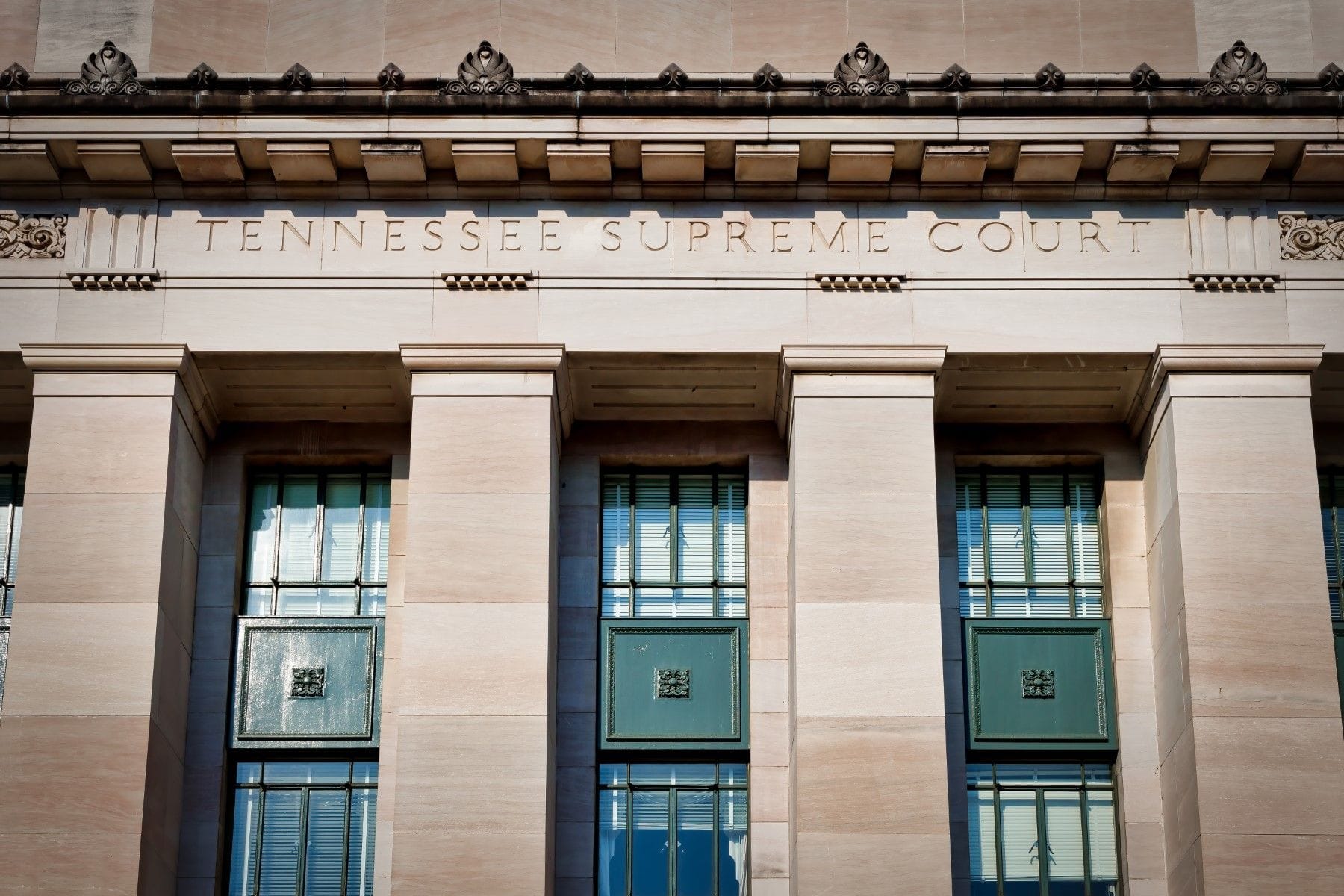Tennessee Expert Witness Disclosure Requirements
Tennessee requires timely expert witness disclosures to promote fairness in litigation, emphasizing accurate information and continuous updates to prevent sanctions.
Updated on
In this article
When Are Expert Witness Disclosures Required in Tennessee?
In Tennessee, the disclosure of expert witnesses is a crucial component of the pre-trial process, governed by both state and local rules. The timing for these disclosures is primarily guided by the Tennessee Rules of Civil Procedure, particularly Rule 26.02(4), which aligns closely with the Federal Rules of Civil Procedure while incorporating state-specific nuances.
Initial Disclosure Deadlines: Typically, expert witness disclosures must be made in accordance with the court's scheduling order. In the absence of a specific order, disclosures should be completed at least 90 days before the trial date. This timeline ensures that both parties have ample opportunity to review the expert evidence and prepare for cross-examination or rebuttal.
Supplemental Disclosure Timelines: Tennessee Rule 26.05 requires the supplementation of disclosures if there are changes to the information initially provided. Such updates must be made in a timely manner, specifically as soon as new information is available and before the discovery deadline.
Case-Specific Timing: Courts in Tennessee may impose unique timelines based on the complexity of the case or at the discretion of the presiding judge. It is essential for legal professionals to closely monitor any court-issued orders to ensure compliance with specified deadlines.
Information That Must Be Included in the Disclosure
Under Tennessee Rule 26.02(4)(A)(i), the content of expert witness disclosures is comprehensive, designed to provide transparency and facilitate effective legal proceedings. The disclosures must include:
- Expert Qualifications: A detailed account of the expert’s credentials, including education, training, and experience relevant to the case.
- Expert Opinions: A clear statement of all opinions the expert intends to express at trial, along with the basis and reasons for each opinion.
- Data Considered: A list of all data or information the expert has reviewed or relied upon in forming their opinions.
- Fee Structures: Disclosure of the compensation arrangements for the expert’s study and testimony, ensuring transparency regarding potential biases.
- Prior Testimony: A record of all cases in which the expert has testified as an expert at trial or by deposition within the preceding four years, providing insight into the expert’s experience and potential biases.
These requirements ensure that opposing parties have sufficient information to challenge the credibility and relevance of expert testimony.
Supplementing and Amending Expert Disclosures
The duty to supplement or amend expert disclosures in Tennessee is a continuous obligation under Rule 26.05. Supplementation is required when:
- New Information Arises: If additional evidence or data becomes available that impacts the expert’s opinions or the bases for those opinions, such updates must be promptly disclosed.
- Errors or Omissions: Any inaccuracies or omissions in the original disclosure must be corrected as soon as they are identified.
Failure to update disclosures appropriately can lead to severe consequences, including the exclusion of expert testimony or other sanctions, as seen in cases like Brown v. City of Franklin, where incomplete disclosures led to significant evidentiary challenges.
Consequences of Failing to Properly Disclose an Expert
Non-compliance with expert disclosure requirements can have dire ramifications in Tennessee courts. The repercussions include:
- Exclusion of Testimony: As per Rule 37.03, undisclosed expert testimony may be excluded, which can significantly weaken a party's case.
- Motions to Strike Experts: Opposing counsel may file motions to exclude the expert, arguing that the lack of disclosure prejudices their ability to prepare.
- Sanctions: Courts may impose sanctions, including monetary penalties or adverse inference instructions to the jury, as a punitive measure for non-compliance.
- Broader Litigation Risks: Failing to disclose can undermine the credibility of a party’s case, potentially affecting settlement negotiations and trial outcomes.
State-Specific Rules and Key Considerations
Tennessee's expert disclosure rules, while similar to the Federal Rules, incorporate specific statutes and local nuances that legal professionals must heed. Notable considerations include:
- Tennessee Code Annotated (TCA) § 24-7-122: This statute outlines specific requirements for medical expert testimony, emphasizing the need for experts to be licensed and practicing in a relevant field.
- Local Court Variations: Different jurisdictions within Tennessee may have additional rules or expectations regarding the timing and content of expert disclosures, necessitating careful review of local court rules.
- Comparison with FRCP: While Tennessee’s rules mirror the Federal Rules in many respects, practitioners should be mindful of state-specific procedural differences that could impact case strategy.
In conclusion, understanding and adhering to Tennessee's expert witness disclosure requirements is essential for effective litigation. By ensuring timely, comprehensive, and accurate disclosures, legal professionals can safeguard their cases against potential challenges and sanctions, thereby enhancing their prospects for a favorable outcome.


